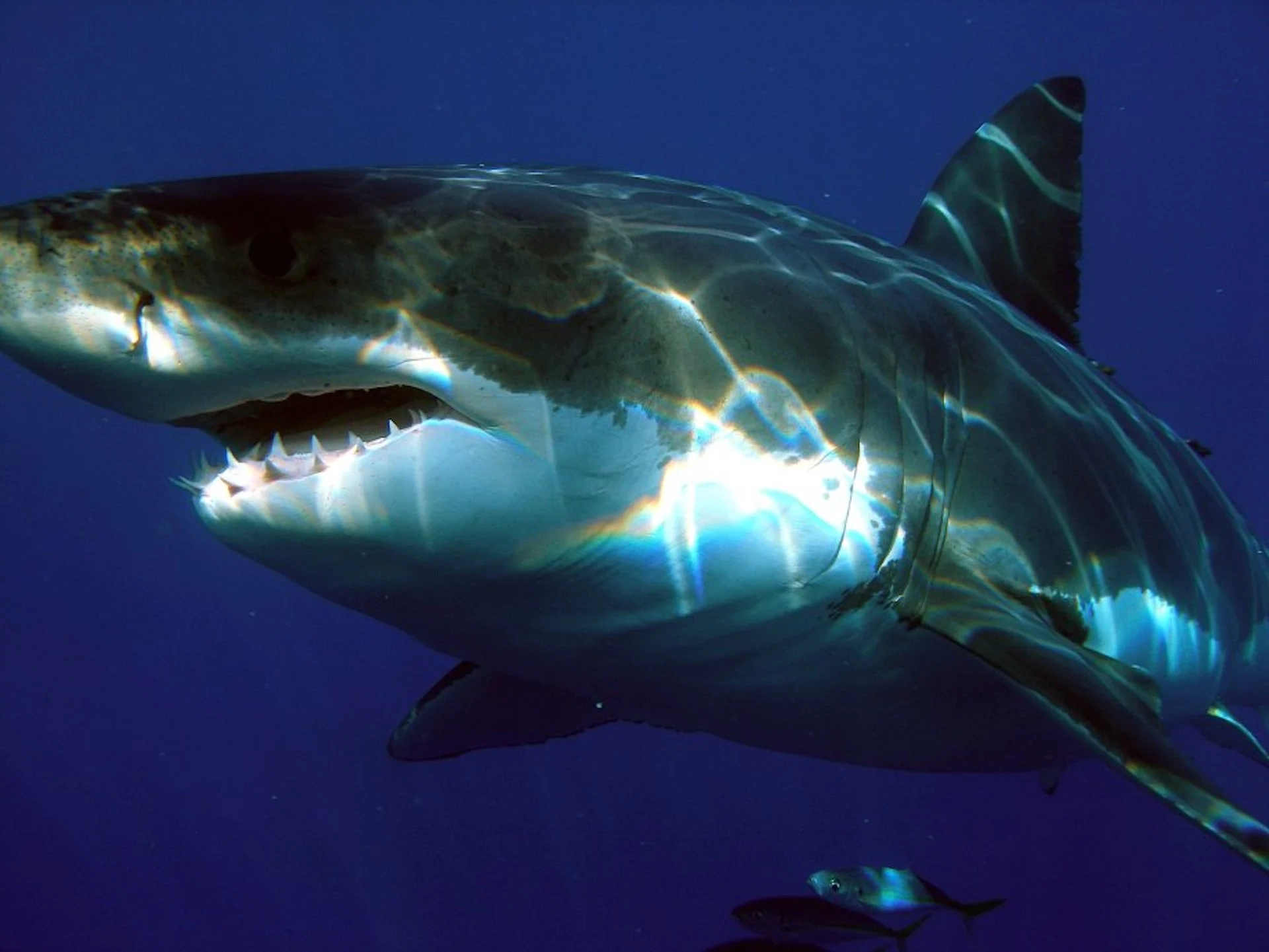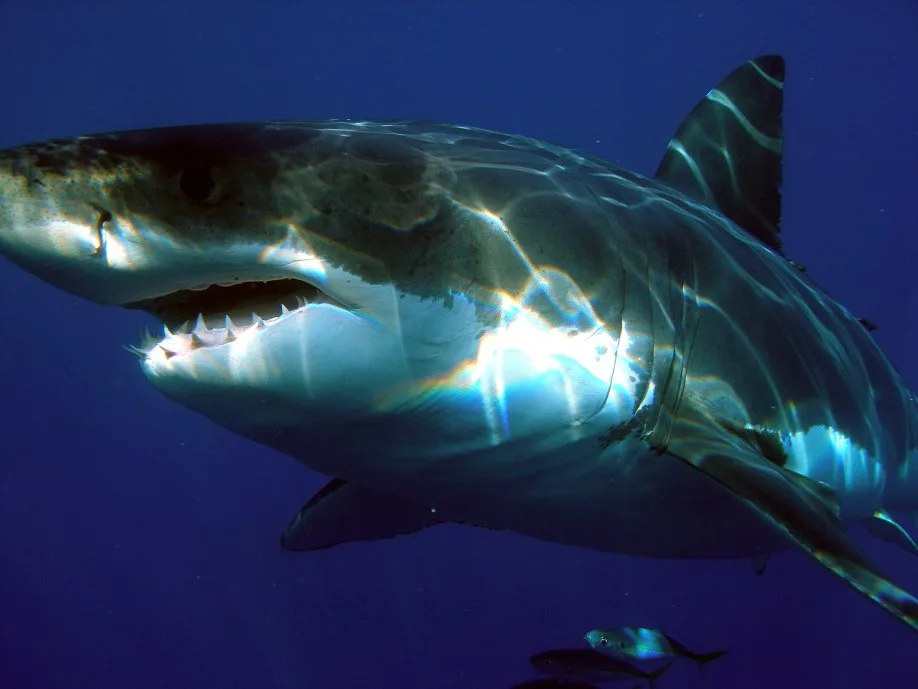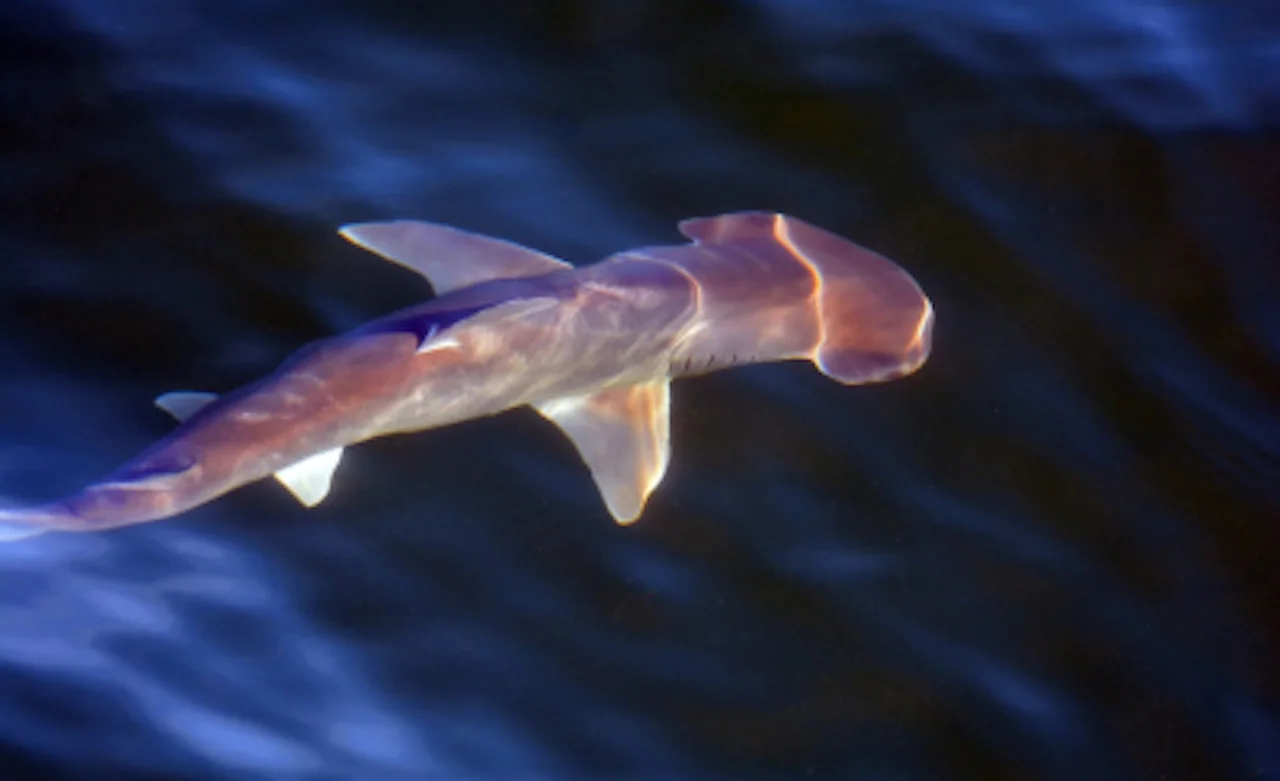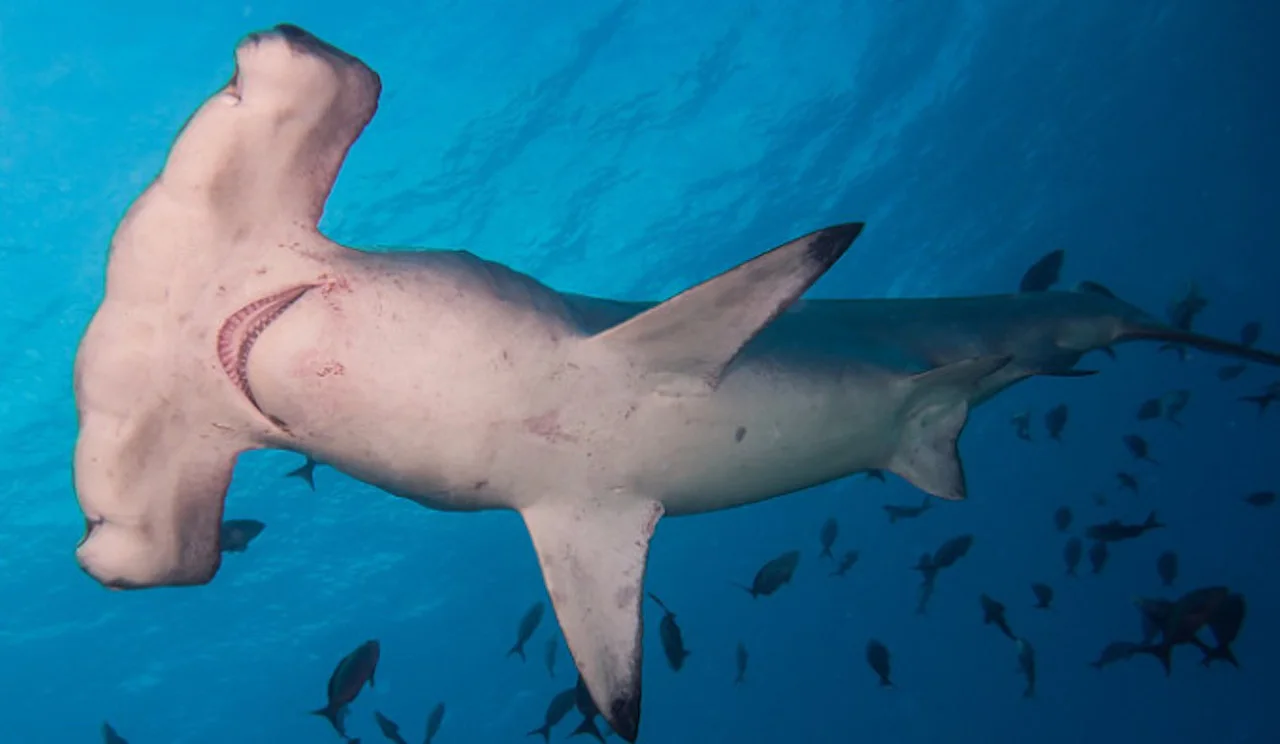
Enormous shark die-off millions of years ago puzzles scientists
The study's lead author said more than 70 per cent of the world's sharks perished, with an even larger death toll for those that occupied the open ocean rather than coastal waters.
The discovery of a massive vanishing of sharks millions of years ago has left scientists scratching their heads in search of the cause.
A recent study conducted by scientists from Yale University and the College of the Atlantic revealed a significant die-off of sharks approximately 19 million years ago. It occurred during a time in the Earth's history when the population of sharks navigating the world's oceans were more than 10 times greater than there are currently, according to a news release from Yale University.
SEE ALSO: Major hurricanes can't scare this shark species, study says
But researchers still don't know why.
"We happened upon this extinction almost by accident," Elizabeth Sibert, a Hutchinson post-doctoral associate in Yale's department of Earth and planetary sciences and the Yale Institute for Biospheric Studies, said in the release.

Sibert, the lead author of the new study that appears in the journal Science, stated more than 70 per cent of the world's sharks perished, with an even larger death toll for those that occupied the open ocean rather than coastal waters.
The toll was double the level of eradication that sharks endured in the Cretaceous-Paleogene mass extinction event 66 million years ago, which had eliminated three-quarters of all plant and animal species on Earth.
"I study microfossil fish teeth and shark scales in deep-sea sediments, and we decided to generate an 85-million-year-long record of fish and shark abundance, just to get a sense of what the normal variability of that population looked like in the long term," Sibert said.
"What we found, though, was this sudden drop-off in shark abundance around 19 million years ago, and we knew we had to investigate further."
NO KNOWN DISRUPTIONS OR DISASTERS
The enigma surrounding the cause is bolstered by the fact there is no known climate disaster or ecosystem disturbance that took place at the time of the sharp decline in shark populations.
"This interval isn't known for any major changes in Earth's history," said Sibert, adding, "yet it completely transformed the nature of what it means to be a predator living in the open ocean."

(Tony Fortunato)
Co-author Leah Rubin, an incoming doctoral student at the State University of New York College of Environmental Science and Forestry, said in the release the current state of declining shark populations is "certainly cause for concern."
"This paper helps put these declines in the context of shark populations through the last 40 million years," Rubin said. "This context is a vital first step in understanding what repercussions may follow dramatic declines in these top marine predators in modern times."
Past findings of extinction events have resulted in scores of new research to find out the origins of the die-off and whether it pointed to a larger, previously unknown, distress in global ecosystems, scientists noted.
As an example, additional research might verify whether the vanishing led to remaining shark populations adjusting their habitat desires in order to steer clear of the open ocean, Sibert and Rubin said. More research could also help explain why shark populations failed to recover after the die-off about 19 million years ago.

(Courtesy: Wikipedia/CC BY 3.0)
"Shark populations have been decimated in recent decades because of overfishing and other anthropogenic stressors. However, the long-term impacts of such changes in marine predator abundance and diversity are poorly constrained. We present evidence for a previously unknown major extinction event in sharks that occurred in the early Miocene, (roughly) 19 million years ago," authors noted in the study.
Thumbnail courtesy of Sharkdiver68/Wikipedia
Nathan Howes can be followed on Twitter: @HowesNathan.











